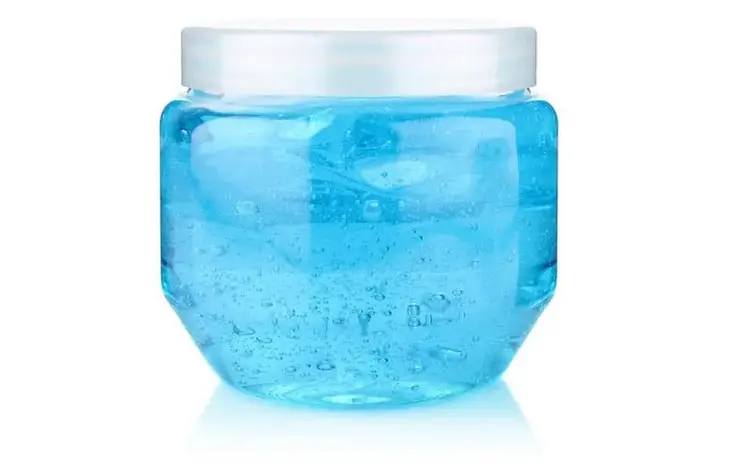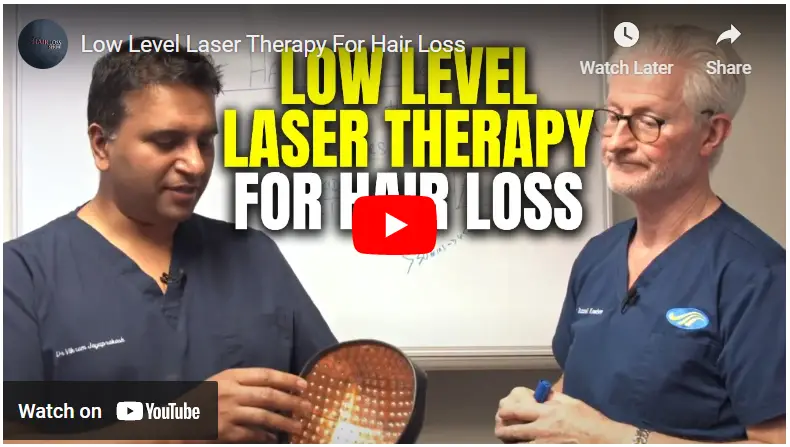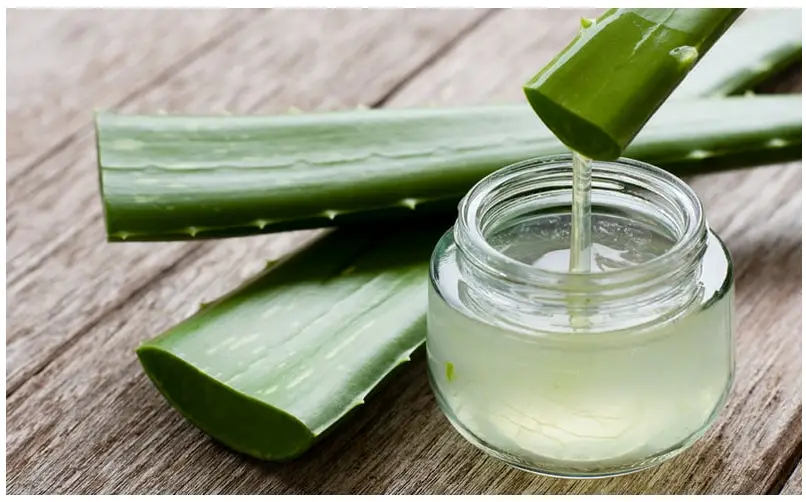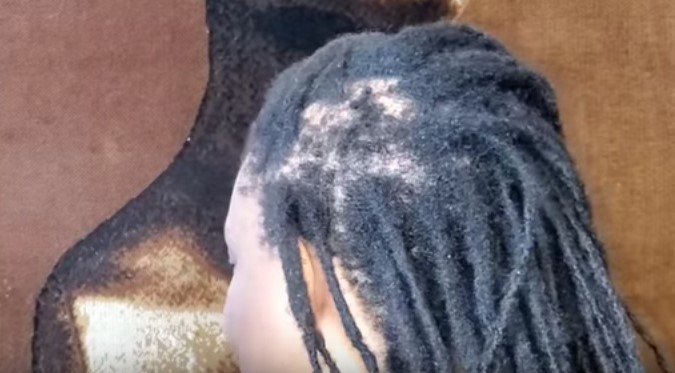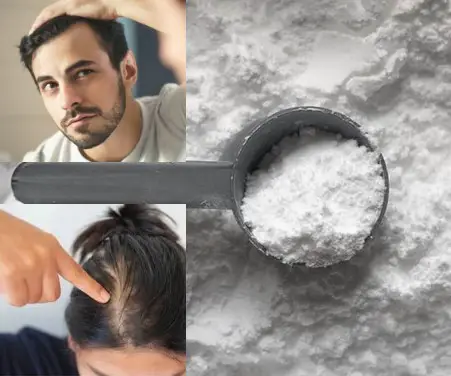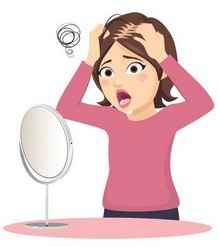Discover the truth behind the question: Does hair gel make you bald? Learn about harmful ingredients, natural alternatives, and best practices for healthy hair.
In a world where appearance often dictates first impressions, many turn to hair styling products to achieve the perfect look. One such popular product is hair gel, a staple in many grooming routines. However, a lingering question haunts users: does hair gel make you bald? This article aims to unravel the mystery behind this concern, offering scientific insights, real-world examples, and practical solutions.
The article delves into the science behind hair gel and hair loss, scrutinizing the ingredients that could potentially harm your scalp and lead to hair thinning. It also explores natural alternatives for those who are cautious about the products they apply to their hair. For men specifically concerned about hair styling products for thin hair, this article provides valuable recommendations.
If you’ve ever wondered whether your go-to hair gel is the culprit behind your receding hairline, you’re not alone. Many are in search of answers, and this comprehensive guide aims to provide just that. Explore the science behind hair loss and discover how you can maintain a full head of hair while still achieving the perfect style.
Key Takeaways:
- Does Hair Gel Damage Your Hair?: The article has established that while not all hair gels are harmful, certain ingredients like Isopropyl Alcohol and Propylene Glycol can have adverse side effects.
- Natural Alternatives: For those looking to avoid the potential pitfalls of traditional hair gels, natural alternatives like Aloe Vera gel and Coconut milk offer a safer route.
- FAQs: The article also addressed common questions, dispelling myths such as the belief that vodka makes your hair grow and providing practical advice on how to get gel out of your hair.
Ready to dive in? Let’s unravel the truth behind hair gel and its impact on your locks.
Does Hair Gel Make You Bald or Cause Hair Loss?
The question “does hair gel make you bald or cause hair loss?” is a common concern, especially among individuals who frequently use hair-styling products. While there’s no definitive scientific evidence to suggest that hair gel directly causes baldness or hair loss, some factors could contribute to these conditions:
- Chemical Ingredients: Some hair gels contain harsh chemicals and alcohols that can dry out the hair and scalp, potentially leading to hair breakage and loss over time.
- Physical Stress: The act of applying and styling with hair gel can put stress on the hair follicles, which may contribute to hair thinning.
- Clogged Follicles: Some hair gels may contain ingredients that can clog hair follicles, leading to scalp irritation and potential hair loss.
- Frequency of Use: Excessive use of hair gel can exacerbate the above issues, increasing the risk of hair loss.
- Individual Factors: It’s also important to note that hair loss can be caused by a variety of other factors, including genetics, hormonal imbalances, and lifestyle choices, among others.
If you’re concerned about hair loss, it’s advisable to opt for hair gels that contain natural ingredients and to use them sparingly. Additionally, if you notice significant hair loss, it may be best to consult with a healthcare provider for a proper diagnosis and treatment plan.
How Hair Gels Work: The Science Behind Hair Gel and Hair Loss
In the realm of personal grooming, hair gel stands as a versatile tool for achieving various hairstyles. But how exactly do these gels work? The science is simpler than one might think. Hair gels contain a substance known as agent hairline, which acts as a binding agent to keep hair in place. This agent forms a thin layer around hair strands, providing the stiffness required for styling.
For individuals with sensitive scalps, the market offers specialized men’s hair gel for sensitive scalp. These products often contain fewer chemicals and natural ingredients to minimize irritation.
Harmful Components in Hair Gel and Their Effects on Hair Health
Certain ingredients in hair gel can have adverse effects on your hair and overall well-being, ranging from skin irritation to potential impacts on the nervous system. Here are some prevalent ingredients in hair gel that could contribute to conditions like alopecia areata:
- Sulfates: Commonly found in shampoos and various hair care products, sulfates act as foaming agents. However, they can strip natural oils from your hair and scalp, leading to dryness, irritation, and redness. Opt for sulfate-free hair gels for a gentler approach.
- Isopropyl Alcohol: This type of alcohol is particularly harsh and can dry out your scalp and hair, making them brittle and prone to breakage. Be vigilant about avoiding this ingredient when shopping for hair gels.
- Propylene Glycol: Surprisingly, this emulsifier is also found in house paint and antifreeze. While marketed for its hydrating properties, it actually dries out the hair, leaving it dull and brittle.
Harmful Ingredients to Avoid
While hair gels offer the convenience of quick styling, not all are created equal. Many contain harmful ingredients that can adversely affect your scalp and hair health. Among the most notorious are Isopropyl Alcohol, Propylene Glycol, Parabens, and Phthalates.
| Ingredient | Potential Harm |
|---|---|
| Isopropyl Alcohol | Dries out the scalp |
| Propylene Glycol | Irritation and allergies |
| Parabens | Hormonal imbalances |
| Phthalates | Disrupts endocrine system |
These ingredients can lead to various issues, including dryness, irritation, and even hair loss. Therefore, it’s crucial to read the labels carefully and opt for products that are free from these harmful substances.
If you’re concerned about the effects of these ingredients, explore Amazon guide on natural alternatives to hair gel that are gentle on the scalp. Don’t compromise your hair health for the sake of style. Make an informed choice today.
The Drying Effects of Alcohol on Hair
Certain types of alcohol in hair gel can severely dry out both the hair and scalp. Even some “good” alcohols can lead to excessive dryness. If you notice any scalp irritation, itching, or redness, consider switching to a product without isopropyl alcohol.
The Risk of Clogged Hair Follicles
Hair follicles, the tiny structures responsible for hair growth, can get clogged due to product buildup. Some hair gel ingredients can act as clogging agents, inhibiting new hair growth. Using a clarifying shampoo can help remove this buildup.
Safe Usage of Hair Gel
Proper usage of hair gel can minimize the risk of side effects like hair loss. Here are some tips:
- Opt for gels with natural moisturizers like olive or coconut oil.
- Apply gel from the top down, avoiding direct contact with the scalp.
- Use sulfate-free shampoos to prevent follicle clogging.
- Consider shampoos with essential oils for added nourishment.
Other Factors Contributing to Hair Loss
Hair loss can be attributed to various factors, including genetics, poor nutrition, stress, and medical conditions. While hair gel can contribute to hair issues, it’s rarely the sole cause. Consult a healthcare provider for a comprehensive diagnosis.
By being mindful of the ingredients and following proper application techniques, you can enjoy the benefits of hair gel without compromising your hair’s health.
Real-world Examples and Case Studies
In the quest to understand the impact of hair gel on hair health, real-world examples and case studies serve as invaluable resources. These authentic accounts provide a glimpse into the experiences of actual users, shedding light on the efficacy and potential drawbacks of various hair styling products.
Customer Reviews on Moco de Gorila Hair Gel
Comment
byu/Kicks6 from discussion
inHaircareScience
One popular brand that often comes under scrutiny is Moco de Gorila. Reviews indicate mixed experiences, with some users praising its strong hold while others express concerns about hair loss.
Testimonials on Styling Creams
Another product that has garnered attention is styling cream. Unlike traditional gels, these creams offer a softer hold but come with their own set of challenges. Users have reported that certain brands led to scalp irritation and hair thinning.
If you’re navigating the maze of hair styling products and are concerned about their impact on your hair health, check out our comprehensive guide on hair loss solutions. Don’t let uncertainty hold you back; find the right product that suits your needs and keeps your hair healthy.
Natural Alternatives to Hair Gels
In the wake of growing concerns about the potential harm caused by chemical-laden hair gels, many are turning towards natural alternatives. These eco-friendly options not only provide the styling benefits but also nourish the hair and scalp.
Benefits of Natural Alternatives
Natural alternatives like Aloe vera gel, Coconut milk, and Beeswax offer a plethora of benefits. They are free from harmful chemicals and are rich in nutrients that promote hair health.
- Aloe Vera Gel: Known for its moisturizing properties
- Coconut Milk: Provides essential fatty acids for hair nourishment
- Beeswax: Offers a natural hold without clogging hair follicles
How to Make Your Own Hair Gel
Making your own hair gel is not only cost-effective but also allows you to customize the product according to your hair’s specific needs. Here are some DIY hair gel recipes that are simple, effective, and natural:
- Gelatin Hair Gel:
-
- Dissolve 1/2 teaspoon of gelatin in warm water.
- Add more gelatin to reach the desired consistency.
- Cool the mixture in the refrigerator until it sets.
- Peppermint and Rosemary Hair Gel:
-
- Dissolve 1/4 – 1/2 teaspoon of gelatin in warm water.
- Add peppermint and rosemary essential oils.
- Store in an airtight container in the fridge for up to 10 days.
- Aloe Vera Hair Gel:
-
- Mix 1/4 tsp. unflavored gelatin with warm water.
- Add aloe vera gel for moisturizing and conditioning.
- Store in an airtight container in the fridge for up to 10 days.
- Xanthan Gum Hair Gel:
-
- Combine xanthan gum with water or aloe juice.
- Add glycerin for a moisturizing effect.
- Store in a silicone travel tube for easy dispensing.
- Natural Gums Hair Gel:
-
- Combine natural gums to create a textured gel.
- This curl-defining gel uses natural gums for long-lasting hold.
All of these hair gel recipes are easy to make and require only a few ingredients, most of which you likely already have in your kitchen. They are affordable, safe, and customizable to suit your hair type and styling needs.
If you’re interested in diving deeper into DIY hair care, explore our comprehensive guide on natural hair care solutions. Why settle for store-bought products when you can create something tailored just for you? Take the plunge into DIY hair care today.
FAQs on Does Hair Gel Make You Bald?
Frequently asked questions (FAQs) are an excellent way to address common concerns and queries that people have about hair gels and hair care. This section aims to provide concise yet comprehensive answers to some of the most commonly asked questions.
Does vodka make your hair grow?
Contrary to popular belief, vodka does not stimulate hair growth. While it may cleanse the scalp when applied topically, there’s no scientific evidence to support the claim that it promotes hair growth.
How to get gel out of your hair?
The best way to remove hair gel is to use a clarifying shampoo. This type of shampoo is designed to remove build-up from hair products, including gels.
Is it bad to use hair gel every day?
Frequent use of hair gel can lead to product build-up and potential scalp issues. It’s advisable to give your hair a break and use gel sparingly.
What are some natural alternatives to hair gel?
Aloe vera gel, coconut milk, and beeswax are excellent natural alternatives that not only style your hair but also nourish it.
Does hair gel expire?
Yes, hair gel does have an expiration date, usually indicated on the packaging. Using expired gel can lead to scalp irritation.
If you have more questions or need further clarification, feel free to explore our comprehensive guide on hair care. Got a burning question? Don’t hesitate to dive deeper into our resources. Your perfect hair care routine is just a click away.
Can Hair Gel Lead to Hair Loss?
While hair gel itself isn’t a direct culprit for hair loss, certain ingredients in some hair gels can indeed be harmful to your hair and scalp. Although using hair gel won’t necessarily result in immediate hair loss, it’s advisable to be cautious of specific alcohols and chemicals present in certain formulations. Let’s delve deeper into why some of these substances can be detrimental and should be avoided.
- AI Powered Bald Filter Online 2024: See Yourself with No Hair! - January 19, 2024
- Harklinikken Bad Reviews 2024: Analyzing Negative Feedbacks - January 18, 2024
- How to Get the Alex Eubank Hair | Step-By-Step Tutorial 2024 - January 18, 2024

